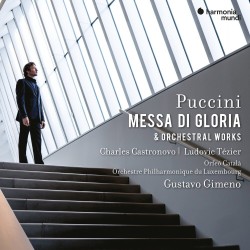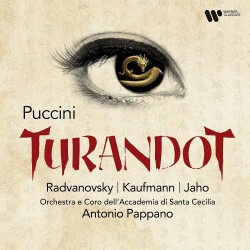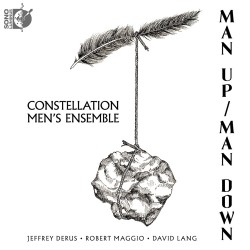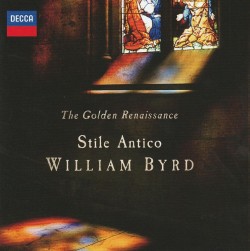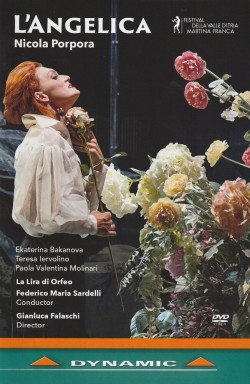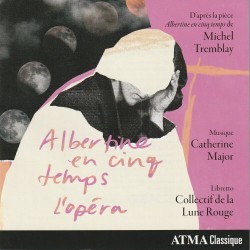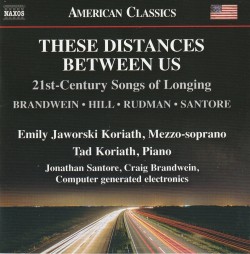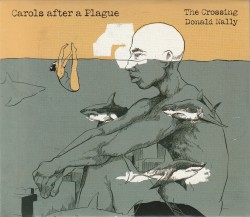Schubert Revisited: Lieder arranged for baritone and orchestra - Matthias Goerne; Deutsche Kammerphilharmonie Bremen
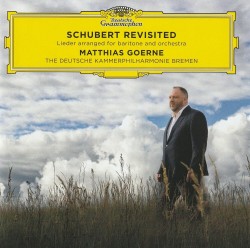 Schubert Revisited – Lieder arranged for baritone and orchestra
Schubert Revisited – Lieder arranged for baritone and orchestra
Matthias Goerne; Deutsche Kammerphilharmonie Bremen
Deutsche Grammophon 483 9758 (store.deutschegrammophon.com/p51-i0028948397587)
The fact that Franz Schubert was not – like Beethoven or Mozart – a virtuoso musician seemed to overshadow (even diminish somewhat) his greatest achievements as a composer. His unfettered gift for melody and attachment to classical forms didn’t help his cause either. However, Schubert helped shape the art of lieder like no other composer of his day, or after. For all he did to give wing to the poetry of (especially) Goethe (but also others), Schubert himself might easily lay claim to being a true lieder poet, great in every way as the writers whose poetry he set to music.
More than anything else Schubert’s songs live and die with the talents of their performers. Like the plays of Shakespeare, the songs respond to a variety of interpretations while always needing the singer who can strike the right balance between characterisation and vocal beauty. Baritones like the great Dietrich Fischer-Dieskau, the Welshman Bryn Terfel and German-born Thomas Quasthoff mastered that and distilled the beauty of Schubert’s profound art with majesty.
The pantheon of great Schubert lieder interpreters must also include Matthias Goerne. His performance is truly masterful on Schubert Revisited – Lieder arranged for baritone and orchestra. Together with the Deutsche Kammerphilharmonie Bremen Goerne gives a particularly atmospheric and powerful performance of songs set to the poetry of Goethe, Claudius, Mayrhofer and others. Highlights include the dramatic Grenzen der Menschheit, and the wonderfully fleet-footed and joyful Gesänge des Harfners.


